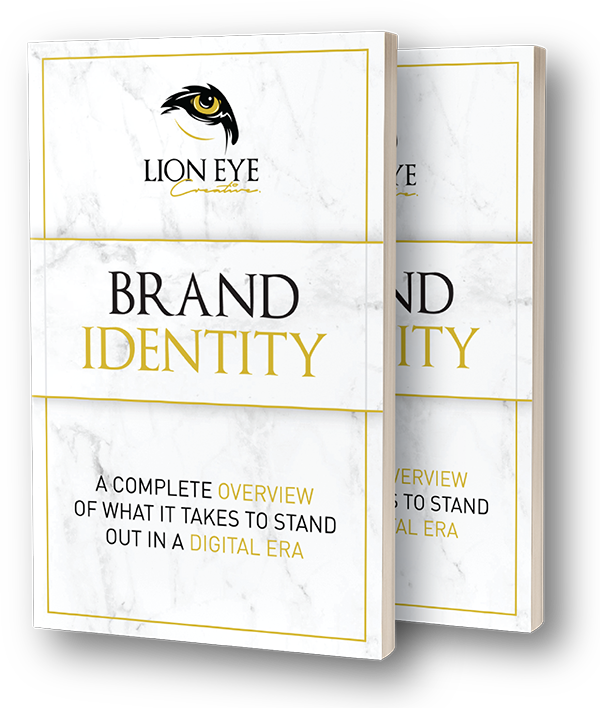
brand strategy: building a human brand
Nowadays, customers expect brands to communicate in the most natural way possible. A brand is more than just a company’s logo, color schemes, advertisement, social media pages, and visual graphics — there is more to it than these.
Your brand is a reflection of your company and yourself — it’s what you say, think, and do. It is a representation of what your employees do offline and online. In addition, it says more about your mission and vision, your privacy policy, social media policy, and so much more.
How well you listen, comprehend, and respond when people reach out to you for inquiries or help also reflect your brand.
Building a human brand
A human brand can be compared to a breathing and living organism — it can be defined by those who like, love, and dislike you. It is essential to understand that a human brand is a composition of the humans within your organization and those that are outside it.
It is true that you can use data, research, and analytics to help you develop your brand — your message, core values, and mission. However, you can’t simply rely on technology alone because the recipients of your brand message are humans. They are the ones who read your content, who clicks on the like and share buttons on social media platforms.
Now let’s talk about the 5 characteristics of the human brand
1. Thinking like humans
You can build your brand to think like humans do — mainly because humans are working behind building your brand. When you consider human emotions when building your brand, there is a higher chance of connecting with your audience because you understand them. You get a feel of what they want, how they think, how they would react, and what they believe that leads to trust and loyalty towards your brand.
2. Listening to your audience
Human brands tend to listen more than talk. Yes, it is important to speak and deliver your message to your audience, but when you have an ear to what they have to say there’s an increased chance of getting a response. Use your analytics and data, learn from them. An excellent, successful, and popular brand knows how important this is — your gathered data is your key to learning more and understanding your audience. Your social media accounts would give you more information than you could imagine because this is where your audience connects more with you. Utilize this to increase your conversion.
3. Caring enough for your audience
A human brand cares about its audience they engage with — if they feel that you care they would remain happy, satisfied, and loyal to your brand. People care about what they need and want, so if you offer solutions to their problems promptly, they would feel valued. It is important to focus on achieving your business goals. However, it is also equally important to consider the people around your brand. You can do this by dedicating some of your time to creating a positive impact in your local community, globally, or a single individual.
When you have the desire to care for others, it will become a part of your brand’s story. Make sure than it is authentic — people often know and feel if you’re doing something good just for the sake of branding tactics and this could backfire pretty bad.
4. Valuing your relationship with your audience
It is important to understand that human brands value their relationship to their audience over dollar signs — a human brand won’t trade a dollar for relationships turning sour. Investing in your audience is one of the most effective ways of building a human brand. A good relationship is both the cake and the icing on business, professional, or personal success.
5. Checking your availability for your customers
Your availability is most important when your customers need you. Are you available when both your offline and online audiences want you to be? Especially during times when they need answers to their questions or assistance for their concerns — having reliable customer service is key. Human brands always make themselves available and there are tools to use to make it possible for you to be available to them 24/7, like a web form or a chatbot for your social media pages and even on your website.
Conclusion
It is wise to always ask yourself about how you help your audiences and customers — not the other way around. This is the key to building a human brand. Establishing a relationship that is based on trust increases your brand loyalty.
If you’d like to learn more about building a human brand, you can download our Brand Identity ebook.

Are you looking for help in building a human brand? Talk to one of our online branding specialists now!



